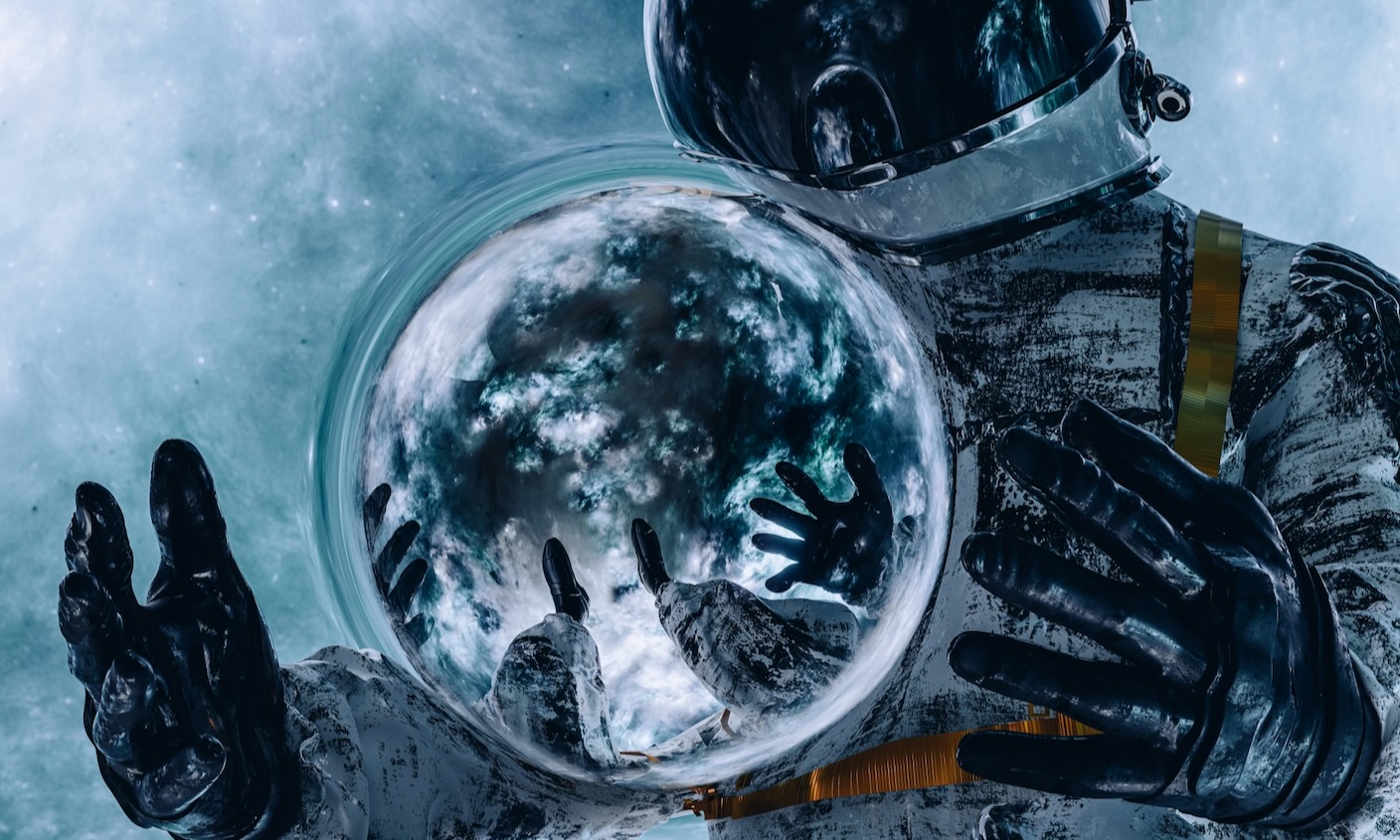These were our favorite articles in science and tech this week.
OpenAI Has Created an AI Model for Longevity Science Antonio Regalado | MIT Technology Review
“When you think of AI’s contributions to science, you probably think of AlphaFold, the Google DeepMind protein-folding program that earned its creator a Nobel Prize last year. Now OpenAI says it’s getting into the science game too—with a model for engineering proteins. The company says it has developed a language model that dreams up proteins capable of turning regular cells into stem cells—and that it has handily beat humans at the task.”
This MIT Spinout Wants to Spool Hair-Thin Fibers Into Patients’ Brains Connie Loizos | TechCrunch
“[NeuroBionics] thinks it could one day improve the lives of millions of people who live with neurological conditions like depression, epilepsy, and Parkinson’s disease. Famed investor Steve Jurvetson of Future Ventures says that if everything goes right for the 18-month-old outfit, its approach could further address ‘the peripheral nervous system for pain, incontinence, and a bunch of other applications.’”
An Entire Book Was Written in DNA—and You Can Buy It for $60 Emily Mullin | Wired
“DNA data storage isn’t exactly mainstream yet, but it might be getting closer. Now you can buy what may be the first commercially available book written in DNA. Today, Asimov Press debuted an anthology of biotechnology essays and science fiction stories encoded in strands of DNA. For $60, you can get a physical copy of the book plus the nucleic acid version—a metal capsule filled with dried DNA.”
Roar of New Glenn’s Engines Silences Skeptics of Bezos’ Blue Origin Kenneth Chang | The New York Times
“The launch was a major success for Blue Origin, Mr. Bezos’ rocket company. It should quiet critics who say that the company has been too slow compared with Elon Musk’s SpaceX, which has dominated global spaceflight industry in recent years. New Glenn could prove a credible competitor with Mr. Musk’s company and win launch contracts from NASA and the Department of Defense, as well as commercial contracts.”
New Superconductive Materials Have Just Been Discovered Charlie Wood | Wired
“In 2024, superconductivity—the flow of electric current with zero resistance—was discovered in three distinct materials. Two instances stretch the textbook understanding of the phenomenon. The third shreds it completely. ‘It’s an extremely unusual form of superconductivity that a lot of people would have said is not possible,’ said Ashvin Vishwanath, a physicist at Harvard University who was not involved in the discoveries.”
Fire Destroys Starship on Its Seventh Test Flight, Raining Debris From Space Stephen Clark | Ars Technica
“SpaceX launched an upgraded version of its massive Starship rocket from South Texas on Thursday, but the flight ended less than nine minutes later after engineers lost contact with the spacecraft. …Within minutes, residents and tourists in the Turks and Caicos Islands, Haiti, the Dominican Republic, and Puerto Rico shared videos showing a shower of debris falling through the atmosphere along Starship’s expected flight corridor.”
A Promising (and Surprisingly Simple) Way to Detect Alien Life Dirk Schulze-Makuch | Big Think
“Studying motility—the ability of organisms (in this case, microbial life) to move independently in their environment—could be an effective way to find and identify extraterrestrial life. Recent research shows that microbes respond to stress, like high salt levels, by moving, making this a potential method for finding life on Mars. The research could also help detect deadly pathogens like cholera in water, improving public health on Earth.”
‘The New York Times’ Takes OpenAI to Court. ChatGPT’s Future Could Be on the Line Bobby Allyn | NPR
“The lawsuit…calls for the destruction of ChatGPT’s dataset. That would be a drastic outcome. If the publishers win the case, and a federal judge orders the dataset destroyed, it could completely upend the company, since it would force OpenAI to recreate its dataset relying only on works it has been authorized to use.”
Not Just Heat Death: Here Are Five Ways the Universe Could End Paul Sutter | Ars Technica
“If you’re having trouble sleeping at night, have you tried to induce total existential dread by contemplating the end of the entire universe? If not, here’s a rundown of five ideas exploring how ‘all there is’ might become ‘nothing at all.’ Enjoy.”
The post This Week’s Awesome Tech Stories From Around the Web (Through January 18) appeared first on SingularityHub.

